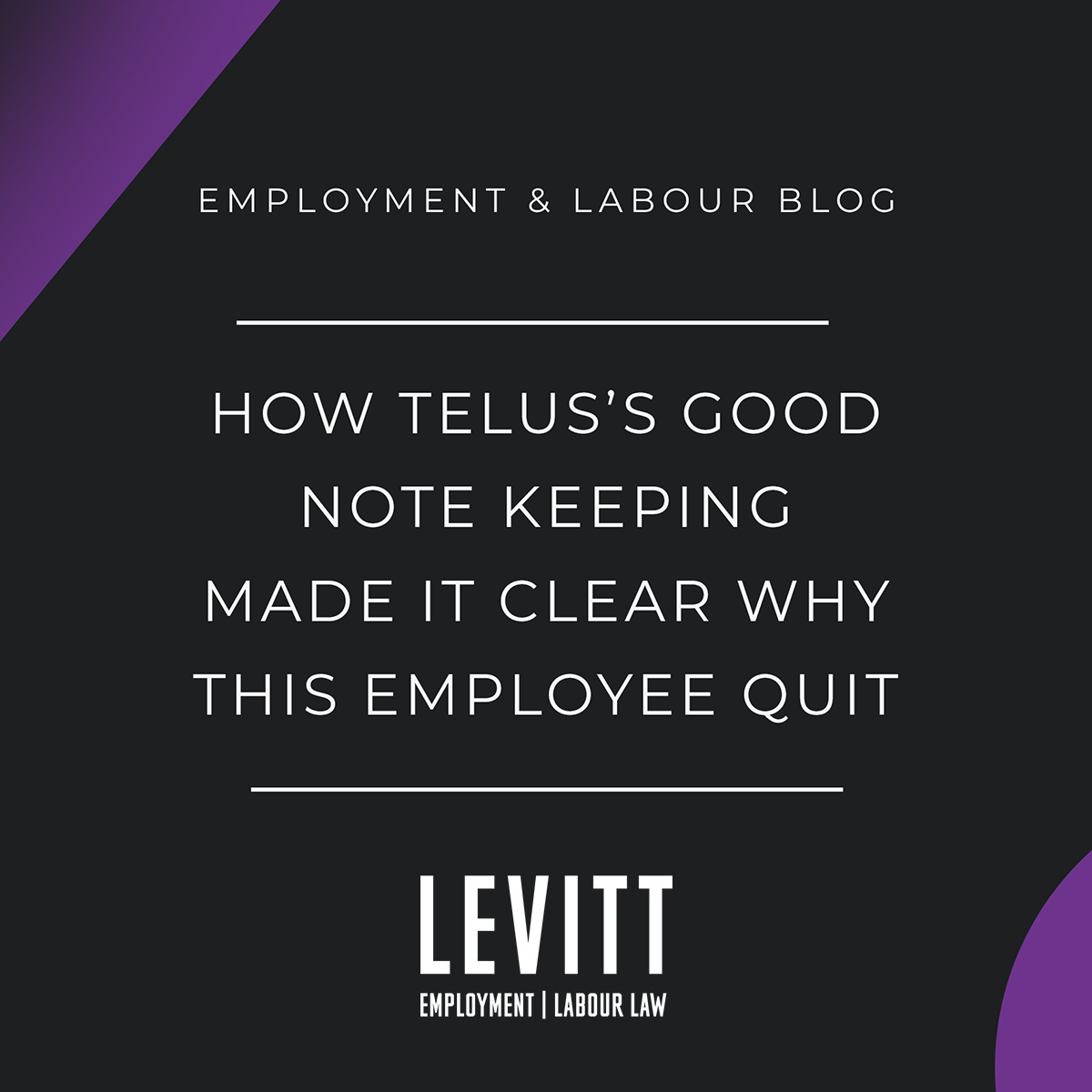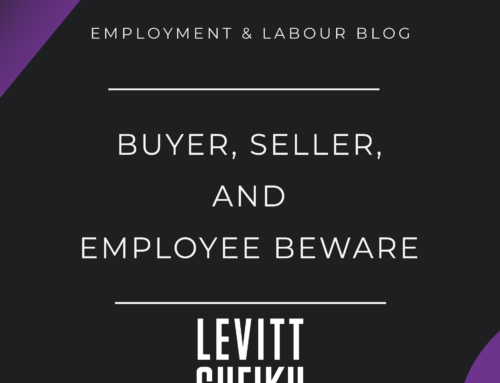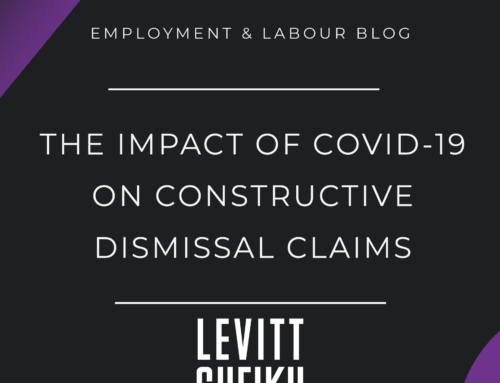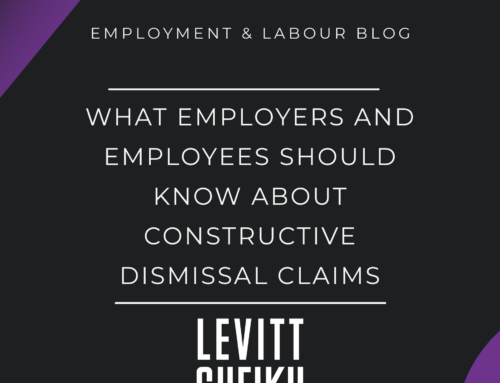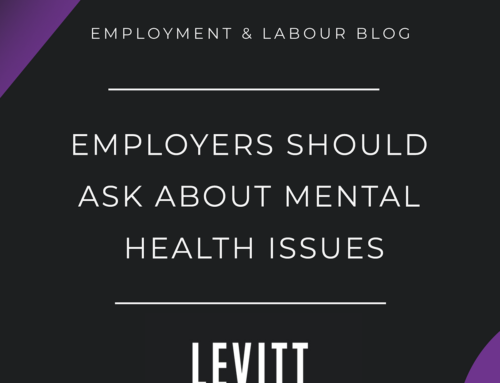Jan Persaud might have realized that a workplace is not a democracy and employees don’t get to vote for their boss when she resigned over the departure of a well-liked manager. When she brought a lawsuit against her employer her reasons for leaving had changed.
Persaud, a Java developer for Telus for seven years, handed in her resignation days after her supervisor and friend, Navaid Mufti, a director of product development, abruptly left the company.
The pair were close. They carpooled to work and often went on hour-long lunches together. Mufti, who had been a teacher of Persaud’s, was instrumental in her being hired at Telus first as a co-op student, then a full-time employee and subsequently a member of his team.
After a simmering conflict with his manager about management style and corporate direction, Mufti felt he was being forced out and eventually negotiated a severance package. Even before he announced his departure to his team, he privately informed Persaud of his plans and the conflict that motivated his exit.
Only days after Mufti’s decision was made public, Persaud approached human resources complaining about his mistreatment and asking for severance. Predictably, HR demurred, refusing to offer her a package.
Persaud resigned anyway, stating she found it difficult to demonstrate loyalty to an organization that did not appreciate it. Her letter was accompanied by a verbal statement to HR that this was a matter of principle.
In most instances, that would have been the end of the matter. Persaud, however, decided to sue Telus for constructive dismissal, claiming that what really precipitated her resignation was not Mufti’s departure but an intolerable increase in her workload in the two years before her resignation. She also claimed two managers had raised their voices at her, creating a hostile work environment. Those factors, she asserted, amounted to a constructive dismissal.
Dismissing Persuad’s claim, Justice Benjamin Glustein of the Ontario Superior Court of Justice found that her statements before and at the time of her resignation pointed to Mufti’s departure as the cause for it. She said nothing to HR about increased hours or a poisoned work environment in the critical hours leading to her departure.
The court also found that if her hours had been changed, Persaud had acquiesced to it. Significantly, Glustein noted that even if managers had raised their voices at her, it was the result of a high pressure environment, which Persaud acknowledged characterized her workplace. This did not constitute a work environment so poisoned as to justify her quitting and being entitled to damages.
The court made another crucial finding: After Persaud’s resignation, Telus discovered a series of costly billing malfunctions. It commissioned an internal investigation team that concluded these were the result of external sabotage by someone using Persaud’s user ID number. Based on this conclusion, Telus went to the police. Persaud was interviewed but no charges were laid. She sought bad faith damages flowing from the report for, among other things, Telus making such allegations without using outside experts.
The court determined that Telus had acted in good faith and no damages were awarded. It had a right to investigate, like any employer, using its internal expertise and was under no legal obligation to hire outside investigators. It also had a right to alert the police to its findings.
The lessons of this case to employers are instructive:
Keep written notes of meetings The trial of this case took place more than 11 years after Persaud’s termination. The employer’s biggest advantage is that HR staff kept copious notes of meetings, which were found to constitute credible and effective rebuttals to Persaud’s claims.
Commit resignations to writing Ask the employee provide in writing reasons for their decision. The court gave considerable weight to the contents of Persaud’s resignation letter, which made no reference to a poisoned work environment.
Monitor the workplace Excessively close friendships between staff and their superiors create perceptions of favouritism and can harm morale in the workplace.
Set realistic expectations for behaviours If the workplace is high-pressured, managers might lose their cool, and should not have to fear their conduct would amount to harassment.
Use internal resources for investigations Some companies succumb to fear mongering and self-serving propaganda that only external investigations are accepted at law. As long as the internal investigators are skilled, unbiased and impartial, and behave accordingly, the courts will accept them as legitimate. In almost all cases, outside investigators are an entirely unnecessary expense.

